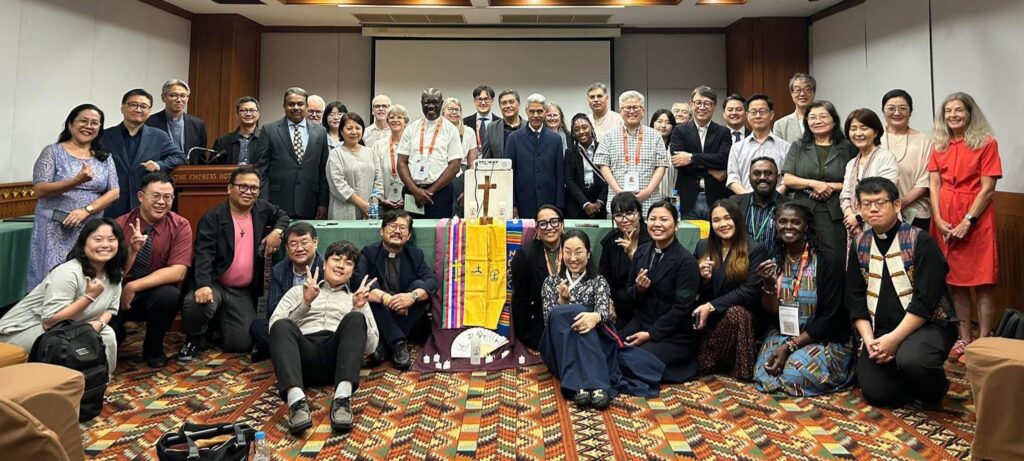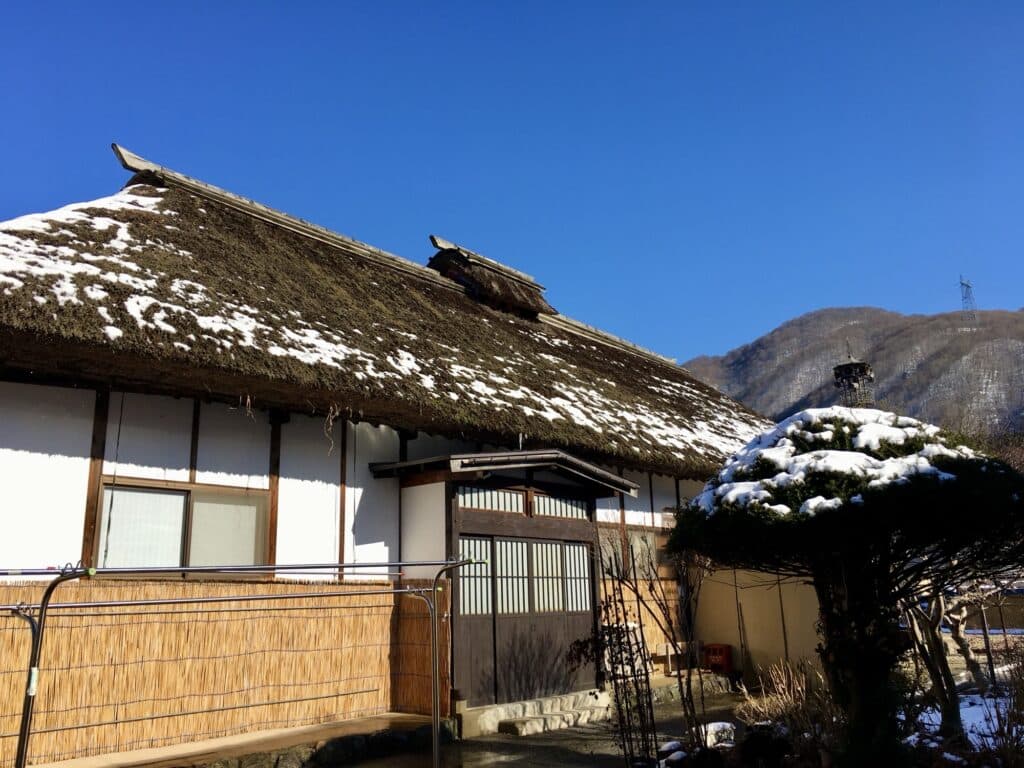Presbyterian Church in the Republic of Korea
In 1884, the first Protestant Church was built by Suh Sang-Ryun in Sorai, Hwanghae Province in what is now North Korea. Suh was a layperson who was baptized in Manchuria and returned to Korea to evangelize. One of the unique characteristics of Korean Christianity is that Koreans themselves, on their own initiative, began to translate the Gospel and build churches before foreign missionaries came to Korea.
One of the most important accomplishments of the early Korean Protestant Christians was the printing of the New Testament in Hangul, the Korean alphabet, which all could read. Insightful and radical, the decision to print the Gospel in Hangul was highly significant because the grassroots people used Hangul, while the elite and the government used the Chinese alphabet. In addition schools, hospitals, orphanages, and churches were built by early Christians in Korea.
The Presbyterian Church of the Republic of Korea (PROK) was the fruit of a movement to reform the Presbyterian Church to create a true church of Jesus Christ, setting aside the secular elements, authoritarianism, and rigid dogmatism so deeply rooted in the Korean Presbyterian Church. Since 1953, the PROK has continued to develop a prophetic stance in its understanding of the church and its mission in society. The PROK has many programs in place to carry out its mission.
Support this Ministry
To make a gift for this ministry online or by check use the online donation page.
- 100% of your gift will be directed to Presbyterian Church in the Republic of Korea
- You will receive updates on the work in this area as they become available
- Share in the vision of God’s abundant life for all people
Related Content
World Communion of Reformed Churches adopted statement on Korea
The World Communion of Reformed Churches (WCRC) adopted the following statement on peace in Korea...
Read MoreWorld Communion of Reformed Churches approve Public Witness Resolution on Unpeace in the Philippines
The following resolution was approved by consensus by the World Communion of Reformed Churches...
Read MoreConnect with partners in Japan through the Christmas Card Project
Long-term Mission Co-Worker in Japan, Jeffrey Mensendiek, was instrumental in coordinating...
Read More

